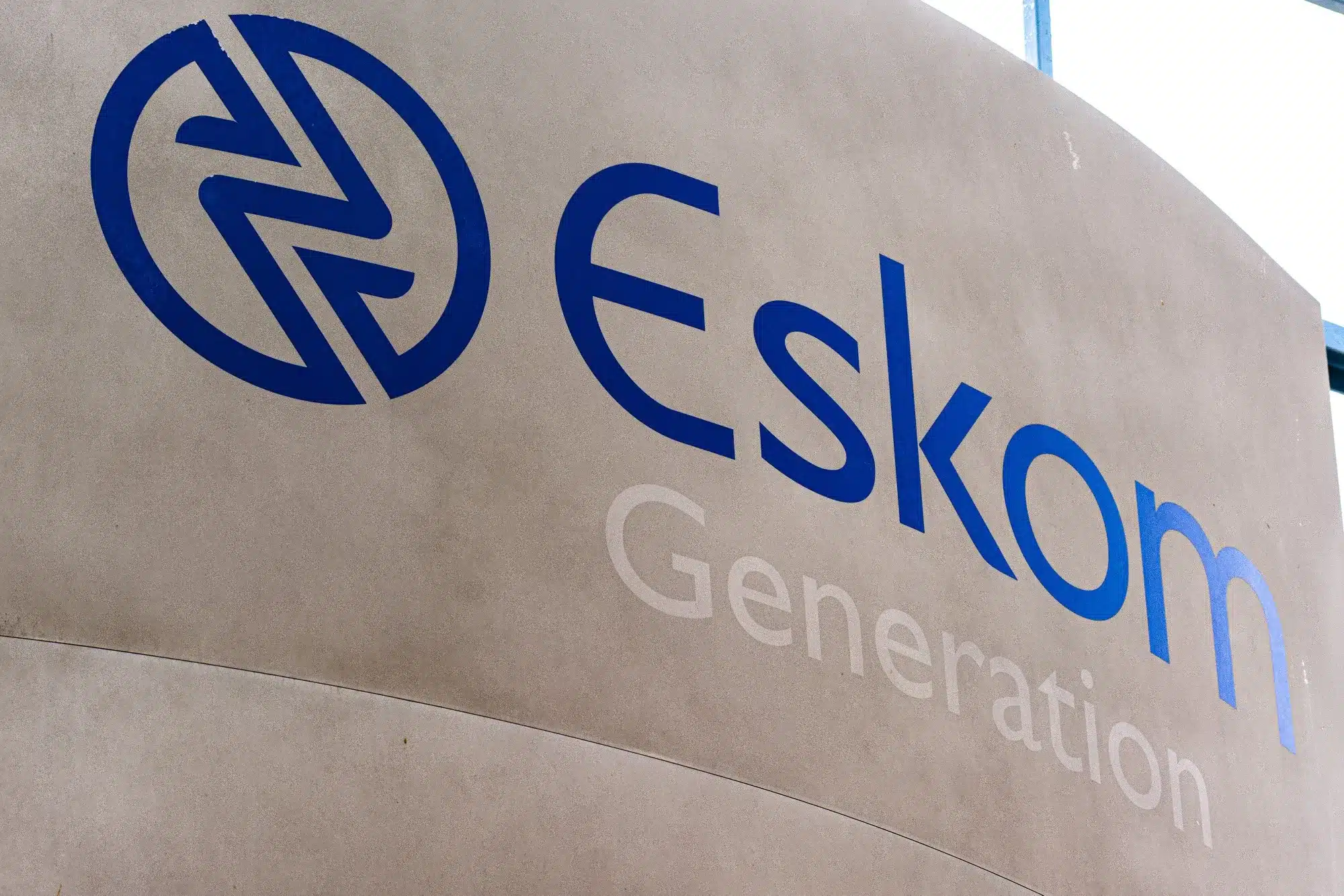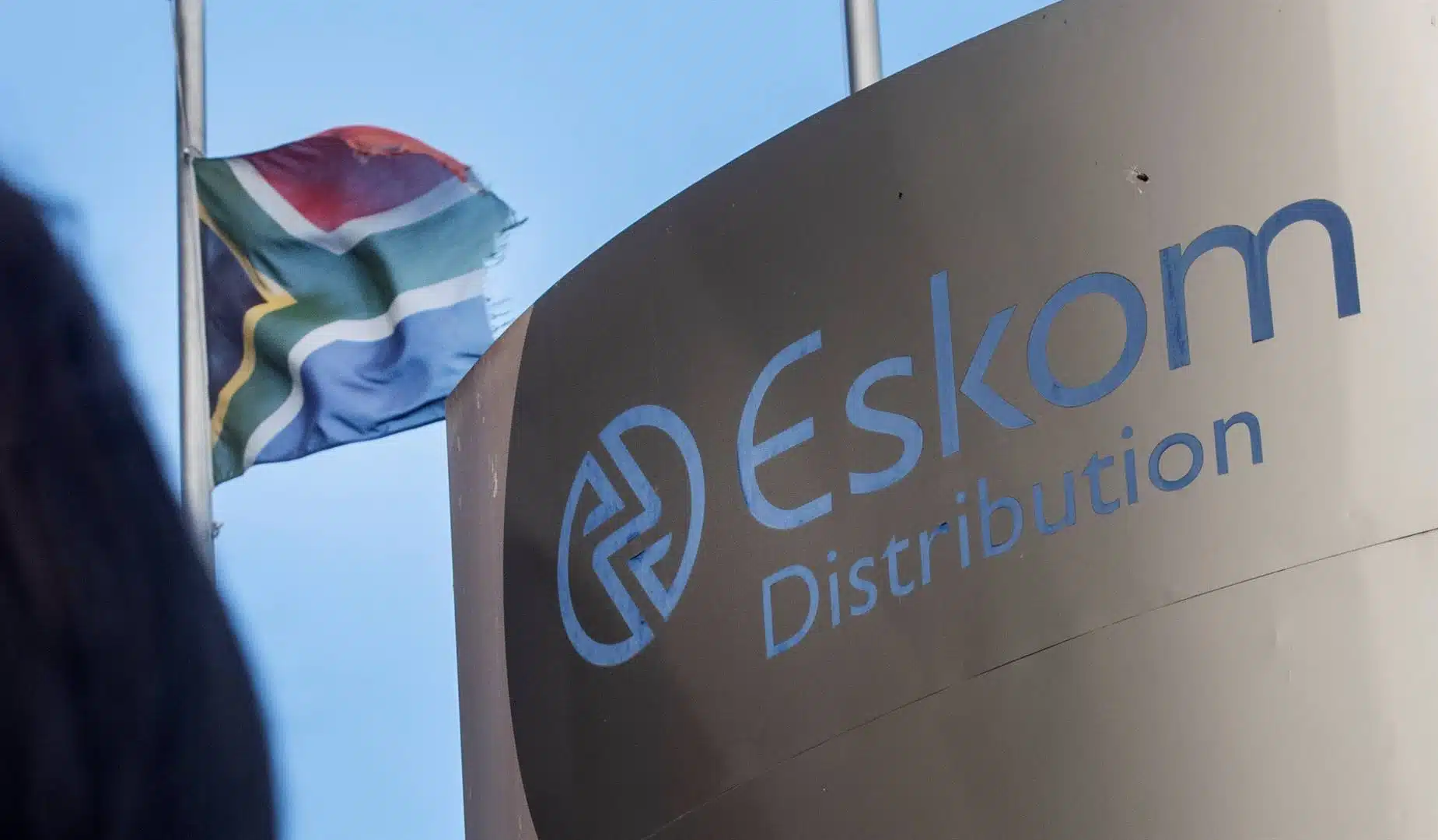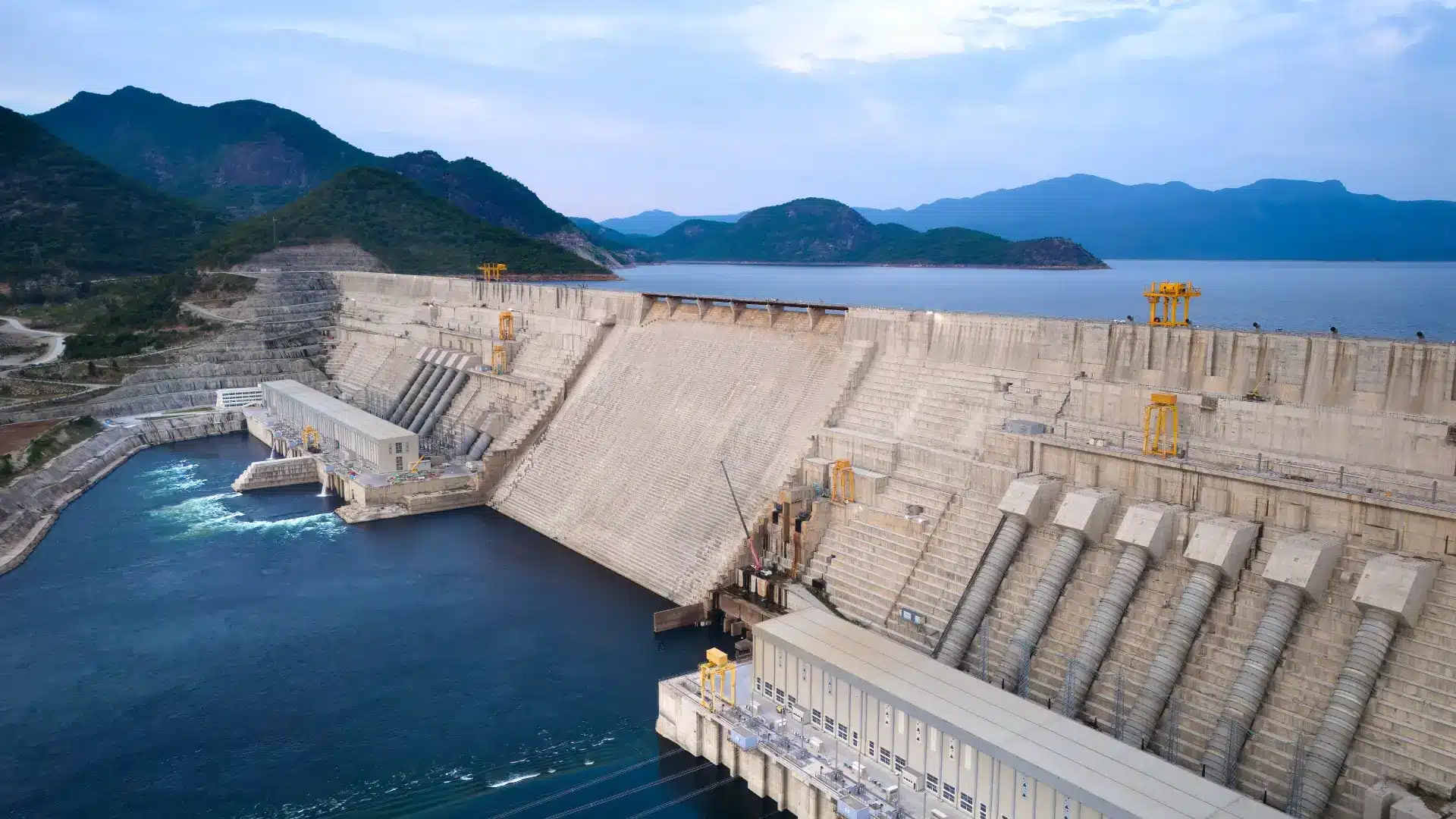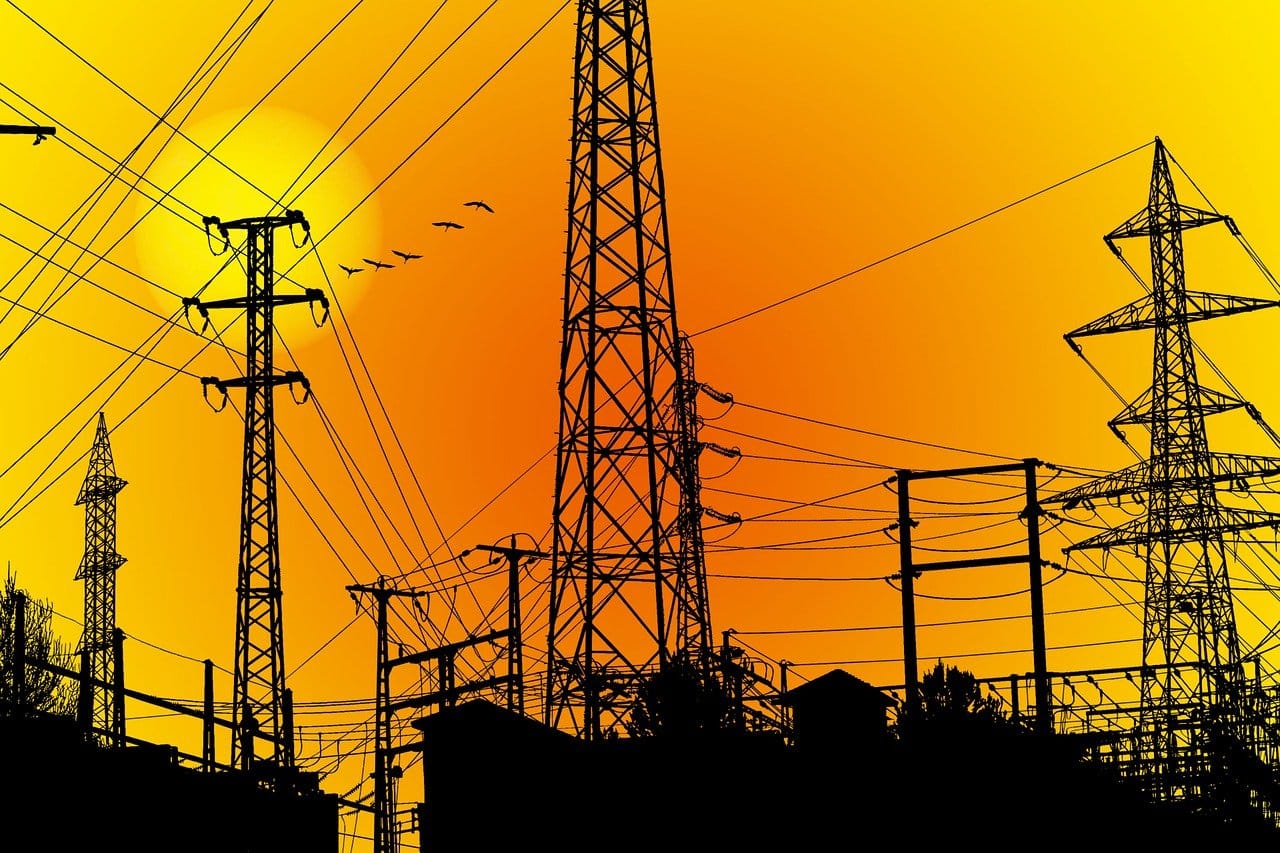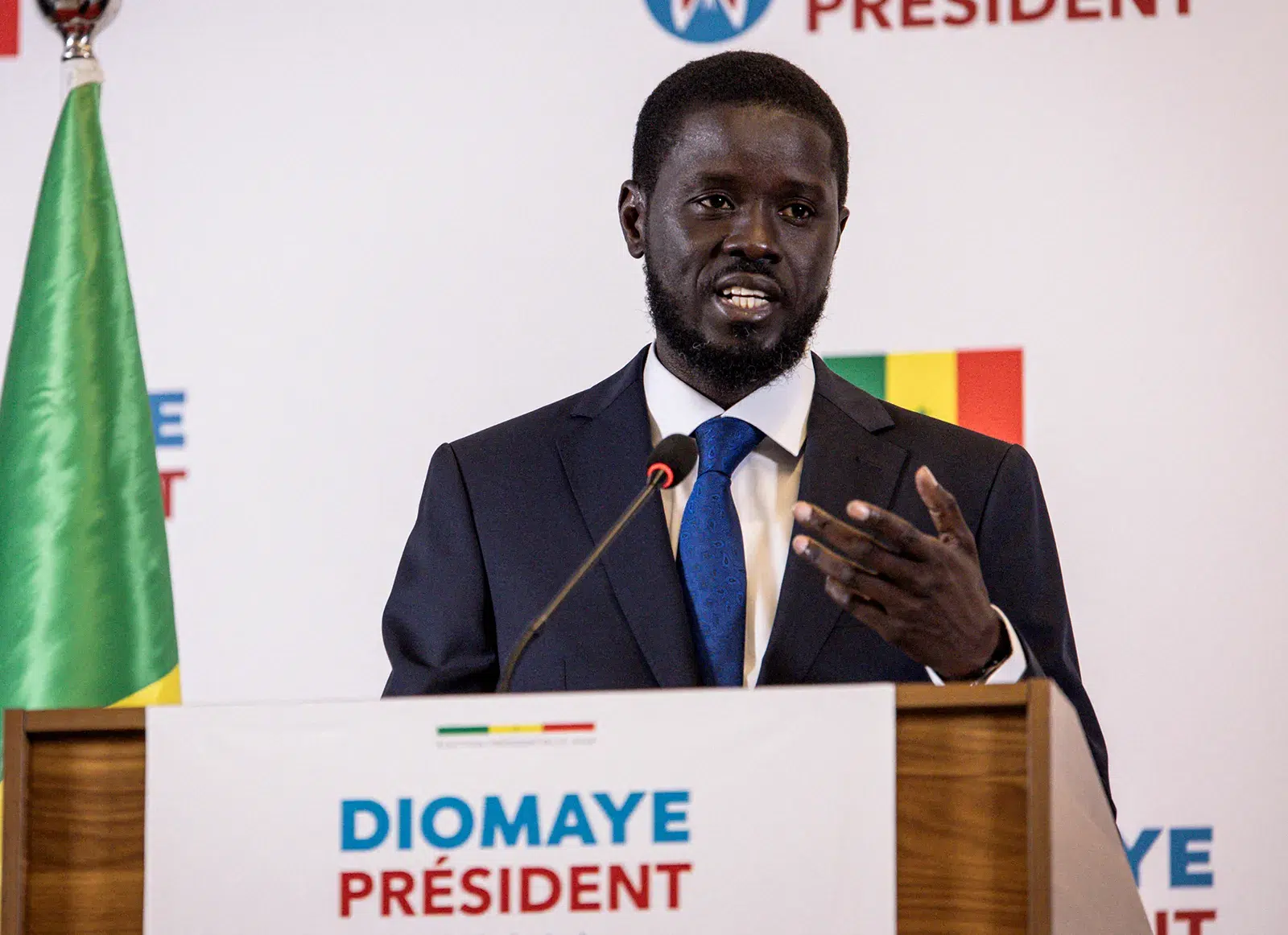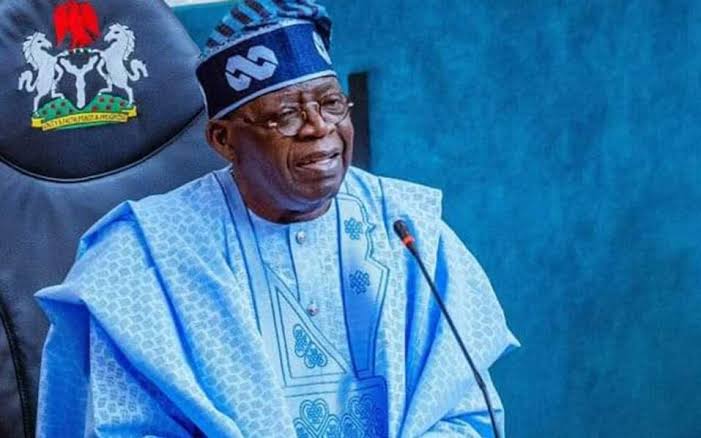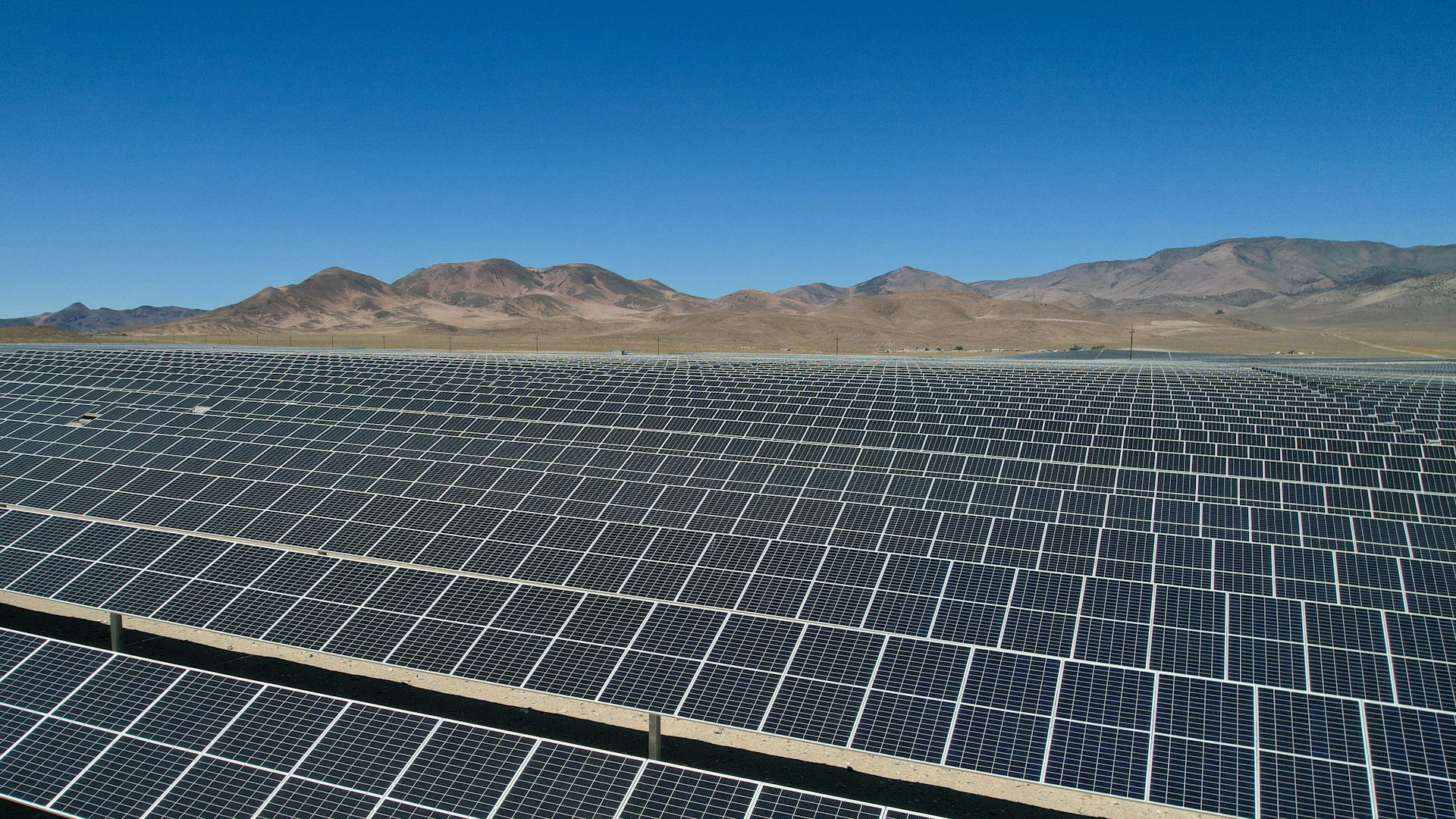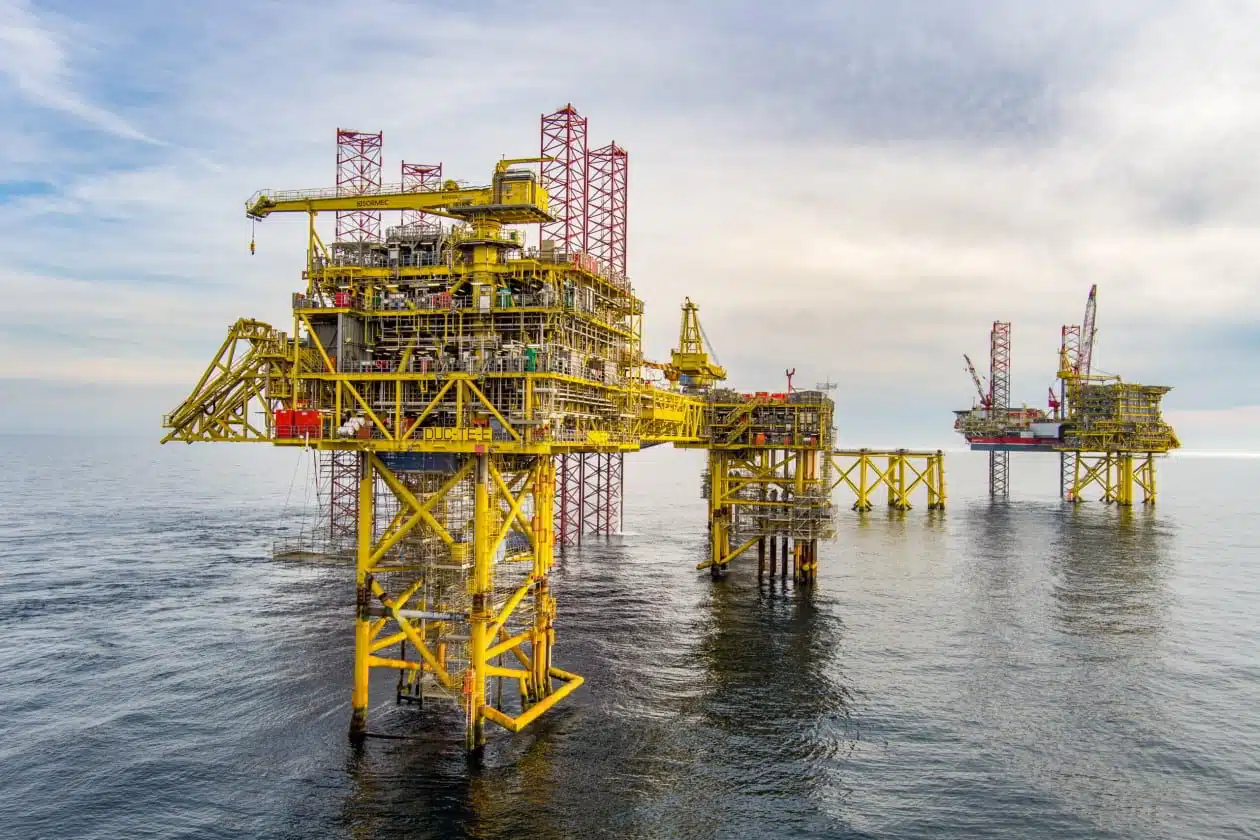Aksa Enerji has announced plans to build a 119 MW fuel oil power plant in Ouagadougou, the capital of Burkina Faso to strengthen the reliability of the electricity supply in the capital and surrounding areas.
The company on Tuesday signed a power sales agreement (PSA) with the national utility Sonabel, guaranteeing the full offtake of the plant’s production for two decades.
The power plant will be commissioned in the last quarter of 2026. The construction cost for the infrastructure was not disclosed.
Aska said the plant aims to meet growing energy demand, driven by urbanization and a rising population. And its construction and operation will create local jobs and involve regional suppliers.
Cemil Kazanci, Chairman of the Board and chief executive of Aksa Enerji, said this project aligns with the Turkish company’s strategy in Africa, where it has already built several energy infrastructures, such as in Senegal and Ghana.
The company is also currently constructing a 1000 MW power plant in Gabon. Kazanci cited the company’s ability to provide fast and effective technical solutions due to its financial strength and over 25 years of experience on the continent.
“The initiative we are taking today reflects our vision of creating long-term value in Africa,” Kazanci said.
“To contribute to Burkina Faso’s energy supply security goals, we will mobilize our experience and competencies to deploy our fastest and most effective solutions. As with our previous projects on the African continent, I am confident we will succeed in this one as well.”
The power project provides Burkina Faso with a concrete instrument to close the gap between the supply and demand for electrical energy.
Insight into Burkina Faso’s electricity sector
Burkina Faso’s electricity sector is small, heavily import-dependent, and undergoing reforms to expand renewable energy and improve access.
Despite progress, the country still faces challenges of limited generation capacity, high costs, and low electrification rates.
National electrification remains low, with rural areas particularly underserved.
Large parts of the countryside remain off-grid, relying on biomass or small solar systems, while frequent outages and limited grid coverage constrain industrial growth and household access.
Its domestic electricity generation is modest, relying mainly on thermal plants (liquid fuels and diesel), small-scale hydropower, and an increasing share of solar PV.
Challenges and outlook
Heavy reliance on imported electricity and diesel generation makes power expensive.
A significant portion of electricity is imported from neighbouring countries, particularly Côte d’Ivoire and Ghana, through regional interconnectors.
The grid is limited, with transmission lines ranging from 90kV to 330kV.
Expansion projects are underway to strengthen connections with Niger and Mali.
The World Bank highlights that energy access is essential for sustaining Burkina Faso’s recent economic growth, which reached 4.9% in 2024.
Solar energy is expected to play a central role in future expansion, alongside small hydropower.
Integration into the West African Power Pool (WAPP) is seen as a pathway to more reliable and affordable electricity.



